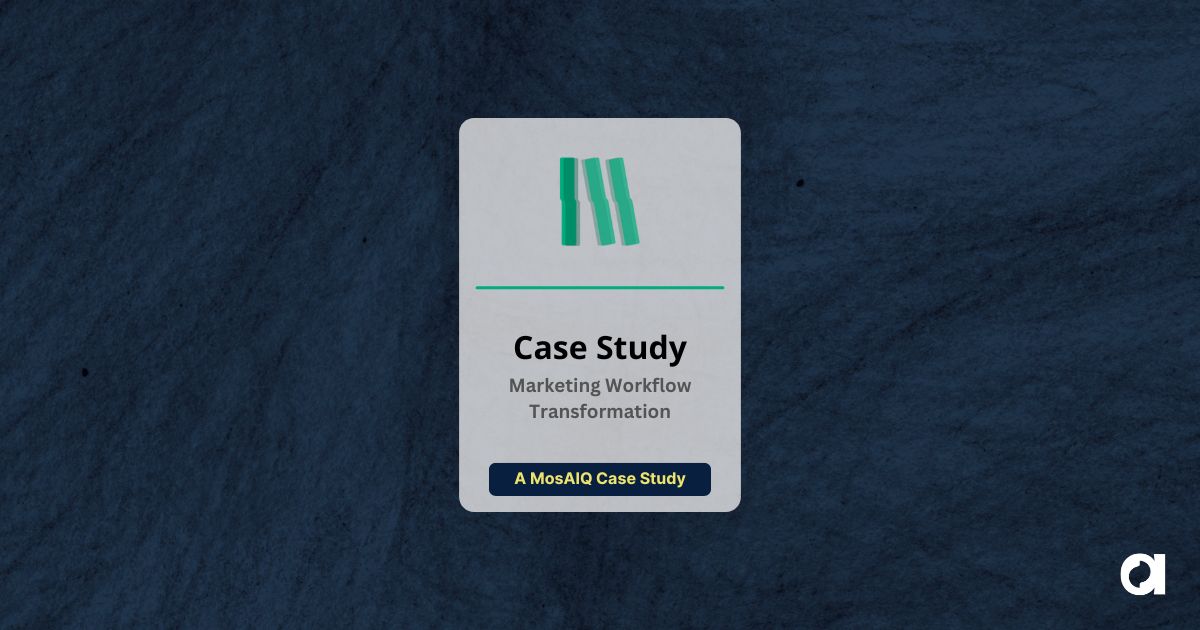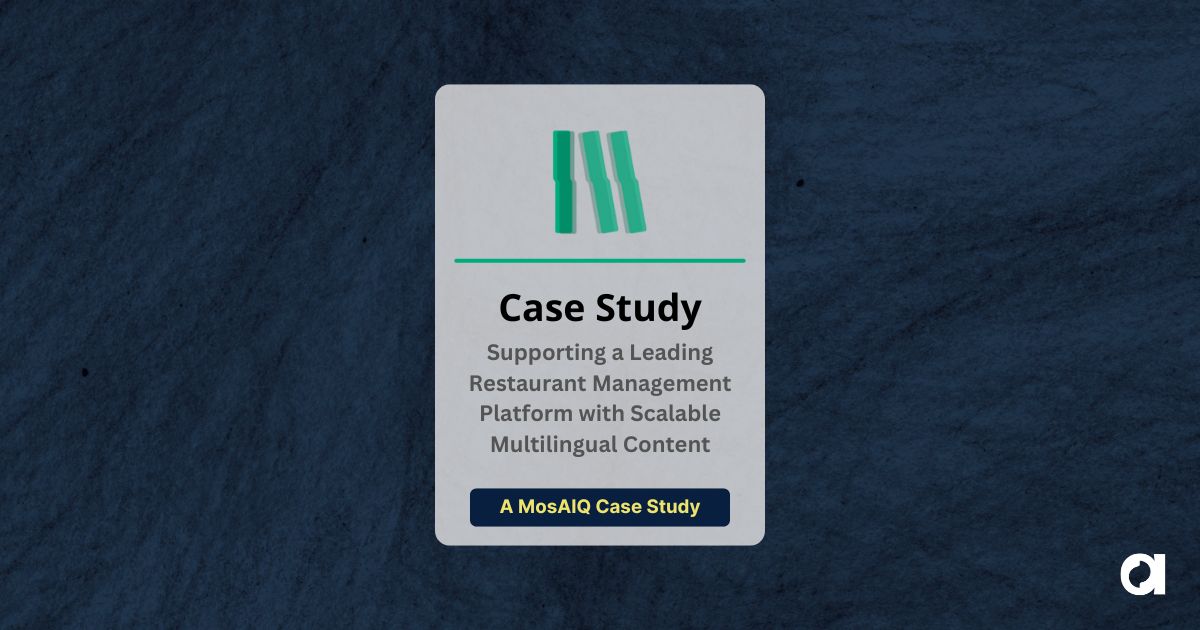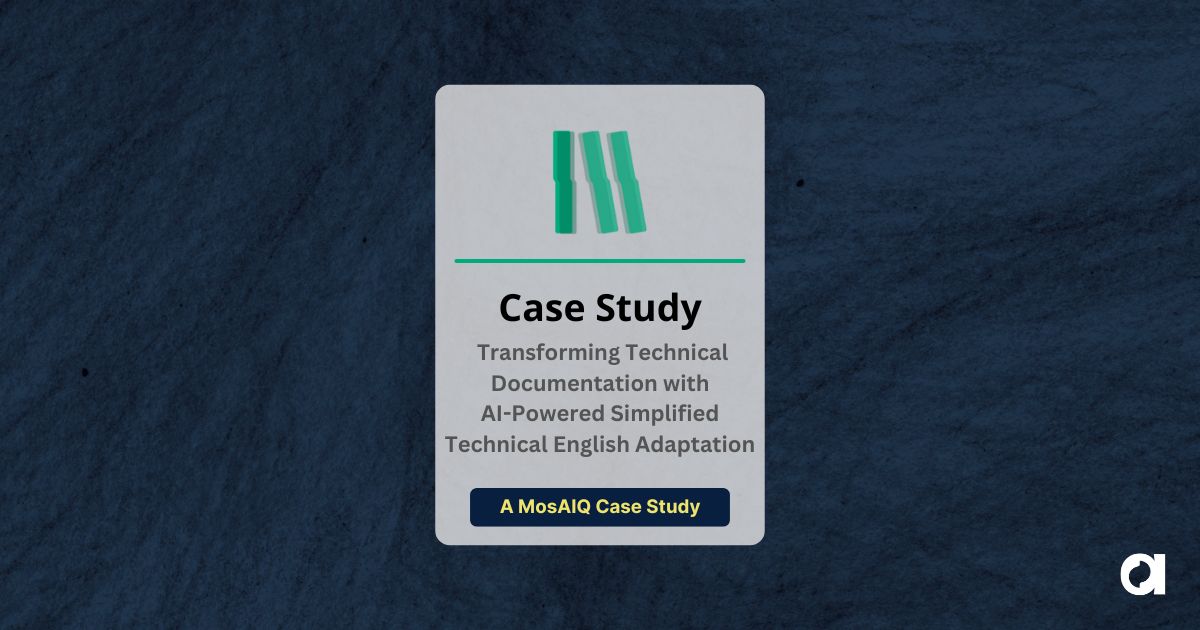Finding a translation agency is easy. Finding one that has an instinctive feel for the nuances of industrial manufacturing is anything but. Here’s how to make it easier!
As we prepare to enter the 2020s, industrial manufacturing is an increasingly global process that involves nearly every country, location, and language on the globe. As globalization gathers speed, error-free communication between cultures is a necessity. And if you want to sleep well at night without worrying about what your foreign documents say, be careful when partnering with your language services provider (LSP).
Getting what you pay for
It’s tempting to go with the lowest bid under the assumption that all translation is the same. Don’t be that company – nobody wants to go down in history as a meme. There’s a wide range of quality in translation services, and while good work isn’t cheap, cheap work typically isn’t good. As the American Translators Association so aptly puts it, “Just as color and price are not the only factors involved in buying a car, you’ll want to consider multiple criteria when purchasing translation services.”
The right people for the job
When searching for an LSP, it’s crucial to look for one with a solid track record of working for industrial manufacturers. Manufacturers list subject matter expertise as one of the top criteria they look for when buying translation services, and they should – after all, you can’t translate what you don’t understand! A reputable translation agency will require all their translators, editors, and proofreaders to have training and work experience in the subject matter they translate. Only a small percentage of translators specialize in engineering and machinery, but it’s worth seeking them out in order to get accurate industrial translations.
Some additional suggestions for choosing an appropriate translation agency:
- Make certain that their translators use translation memory to save money and improve consistency
- Ask about their experience translating technical documents like operating and service information, safety labels, and schematic drawings.
- Request a reference list of manufacturing clients
- Search translator forums to determine if they have a good reputation and check their references to see if they are known for meeting deadlines and staying on budget
- Confirm that they carry error and omission insurance that covers personal injury in countries outside of the United States
- Make sure they work with the types of electronic files you regularly use
- See if they share insider knowledge about translation processes and pricing structures
- Confirm that their staff includes professionals with multiple years of experience
- Make sure they belong to professional organizations like the American Translators Association (ATA) or the Globalization and Localization Association (GALA)
Companies from a vast range of industries turn to Argos Multilingual for all their translation and localization needs. If you’d like to learn more, please contact us.
Want to learn more?
 Argos Multilingual
4 min. read
Argos Multilingual
4 min. read
Having documents accurately translated in a timely manner is important to every industry, but Contract Research Organizations (CROs) have an even smaller margin for error. New wonder drugs and revolutionary medical devices are released on a seemingly daily basis, and life sciences companies are struggling to keep up with the regulatory procedures necessary to get […]

 Argos Multilingual
7 min. read
Argos Multilingual
7 min. read
The global marketplace doesn’t operate in English alone. Here are the insights and info you’ll need to make your website work anywhere. Congratulations! If you’re reading this, you’ve probably made the decision to go global with your online content. You’ve also probably assumed that translating your content is the first order of business. You might […]











